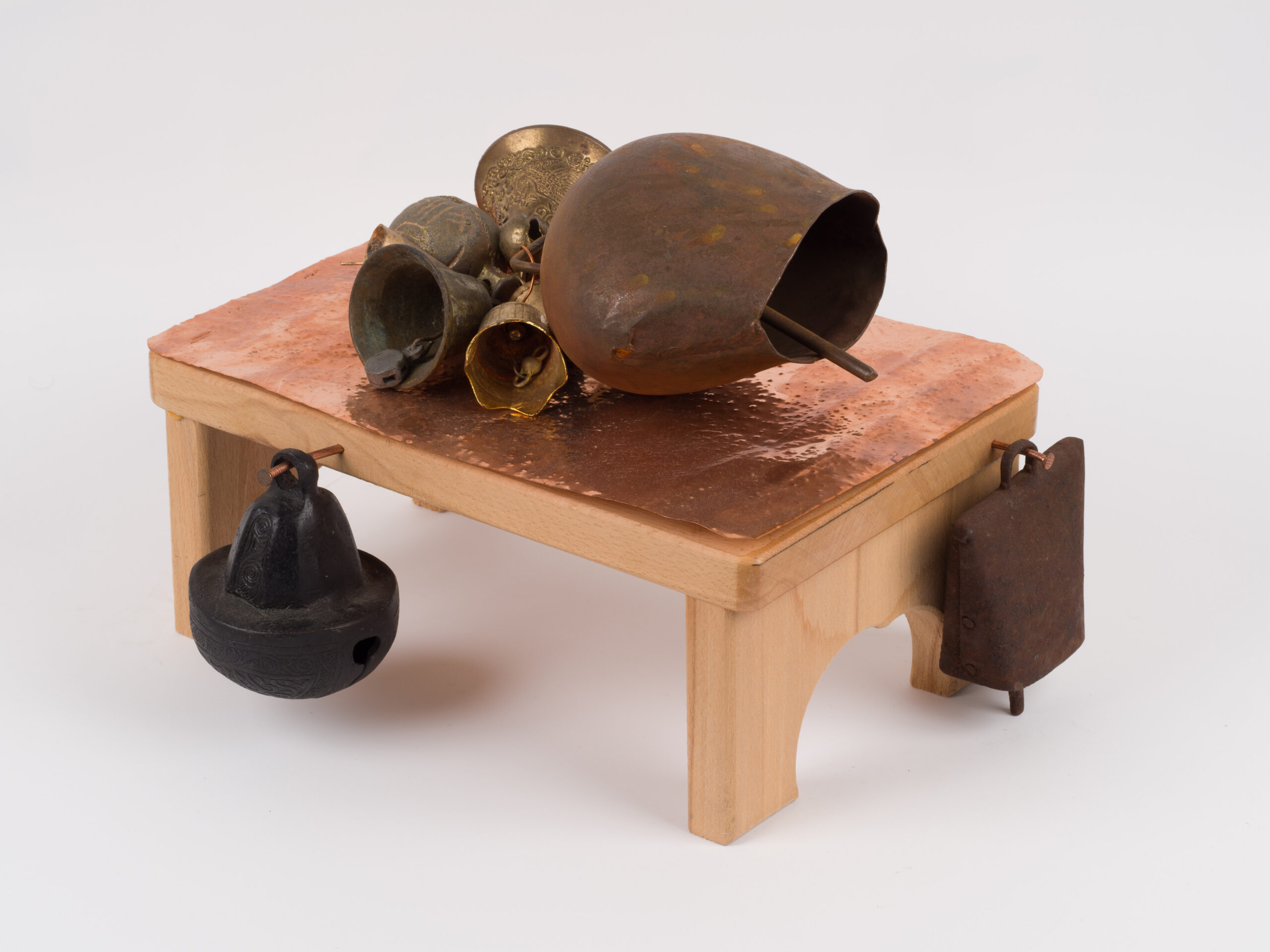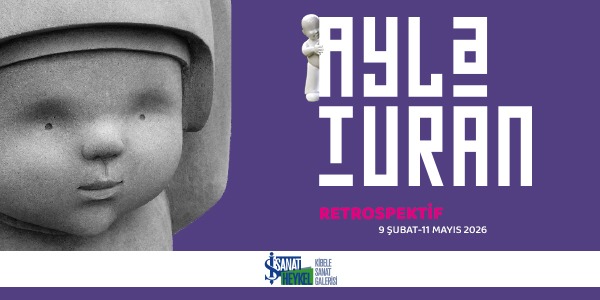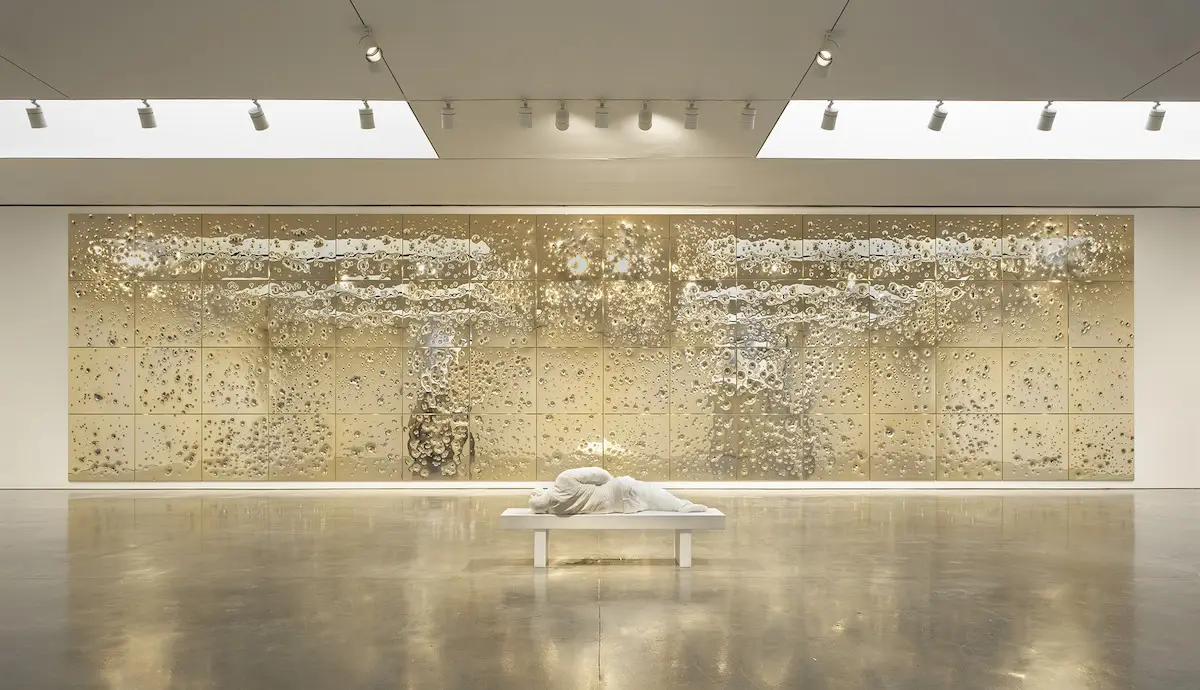Versus Art Project presents Huo Rf’s solo exhibition ‘Leeway’ from May 8 to June 14. ‘Leeway,’ Huo Rf’s fourth solo exhibition, features the most recent work by the artist. This body of work is centered around the feelings core to his practice: empathy and shame. These two profound feelings have shaped his artistic process, now evolving into a new theme, ‘leeway,’ in which the artist imagines releasing the psychological burden of those sensations while protecting their emotional strength. The concept of leeway, defined as a permissible margin of freedom or variance, or tolerance, marks a turn in Huo Rf’s practice, which includes language as a major component. This show creates an environment, where tolerance and fluidity reign supreme, rather than being mired in fury and sorrow.
The objects on view, Spotlight (2021) and the Person, Action, Situation series (2019-2024), as well as his Untitled sculpture series (2015), examine a range of intimate feelings such as shame, despair, depression, rage, and melancholy. Huo Rf depicts them as feelings with political agency. Through his work, he pushes the boundaries of the personal and political, drawing on the work of queer thinkers that defines shame as having both individual and social aspects; as an emotion that shapes one’s sense of self and relationships with others, thereby providing a field for identity construction.
Huo Rf’s Untitled sculpture series, made of mostly clay, are notably shaped like hearts. Strewn around the gallery, the iconic form is captured in various states: resting atop a bed, riddled with nails, but always frozen and grotesque. Those hearts represent the artist’s empathetic response to the terrifying events mostly led by state-led actions, exclusion, and always regarding the lives of minorities. The heart—an image reduced to a sentimental symbol in the positivist era in which it glamorizes the mind—appears in Huo Rf’s practice as a powerful tool to channel his sensitivity towards the pain of others. Empathy, a moving force in the artist’s production, provides him with a discussion field of following those powerful feelings and thoughts in lieu of remaining in a passive stage, as well as enabling him to share them with the audience, which might empower those who feel similarly.
Person, Action, Situation, a gentle rhyme, tackles the experience of shame, for which the artist has been gathering other people’s stories about shame and attempting to blend them with his own experience so as to understand the prevailing social and cultural norms. The work’s rhythmic name, which evokes the power of repetition and persistence, echoes the artist’s favorite theme to work with, shame, which he revisits frequently. For this series, Huo Rf forms copper–one of his most commonly employed materials–with writing, or combines it with objects such as a banana peel, plastic, or photo prints. His research also revolved around interviewing people and asking them three key questions: if they have any recollections of shame, if they are still ashamed of that time, and how they react when they see something “shameful.” In some ways, sharing shame fosters a conversation in which those feelings might become political agents instead of simply subjects. Through these works, Huo Rf attempts to unite people around a very common feeling, while emphasizing how this shared emotion has affected identity building by defining the borders of the personal and public, and serves to reinforce the famous slogan, “personal is political.”
Spotlight, originally a photo print, is displayed in this exhibition for the first time accompanied by a video, in which the camera traces the banners featuring this work and an excerpt from Banu Karaca’s text randomly hung in some districts of Istanbul. This work is a subtle and sincere reaction to precarious lives, committed to the ethos of sharing the pain of others. Huo Rf is a true storyteller in the sense that he listens to others and expresses himself through his work of art, all while attempting to address concerns regarding cultural norms, identity, and most importantly, the power of shared experiences. The exhibition includes writing by Banu Karaca, Ekin Coşkuner, and Aylin Kuryel; the artist collects the stories of people–friends and strangers alike–and allows them to affect his work. The title Leeway delineates a field of exploratory awareness, where feelings of shame, empathy, and despair are processed actively with compassion and calmness: an activating power that enables us to not feel alone, to be heard by many, and to be reminded of our political agency.









